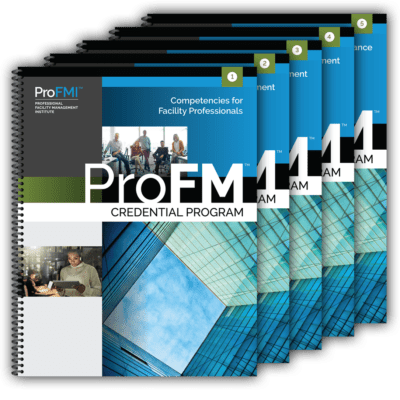 Healthcare FM ~ Live Virtual Courses
$1,135.50 – $1,295.00
Healthcare FM ~ Live Virtual Courses
$1,135.50 – $1,295.00
 FM Career Mentoring Session
$29.00 30 minutes
FM Career Mentoring Session
$29.00 30 minutes
 Mentoring Session 1:1 ProFM
$29.00 30 minutes
Mentoring Session 1:1 ProFM
$29.00 30 minutes
 ProFM Live Virtual Course ~ Instruction Only
$499.00
ProFM Live Virtual Course ~ Instruction Only
$499.00
 ProFM Book Set (Prior Course License required)
$50.00
ProFM Book Set (Prior Course License required)
$50.00
<iframe src=”https://fm-college.com/wp-admin/admin-ajax.php?action=h5p_embed&id=8″ width=”793″ height=”449″ frameborder=”0″ allowfullscreen=”allowfullscreen” title=”O&HF C4 T5″></iframe><script src=”https://fm-college.com/wp-content/plugins/h5p/h5p-php-library/js/h5p-resizer.js” charset=”UTF-8″></script>
Oops! We could not locate your form.
"*" indicates required fields
"*" indicates required fields
"*" indicates required fields
"*" indicates required fields